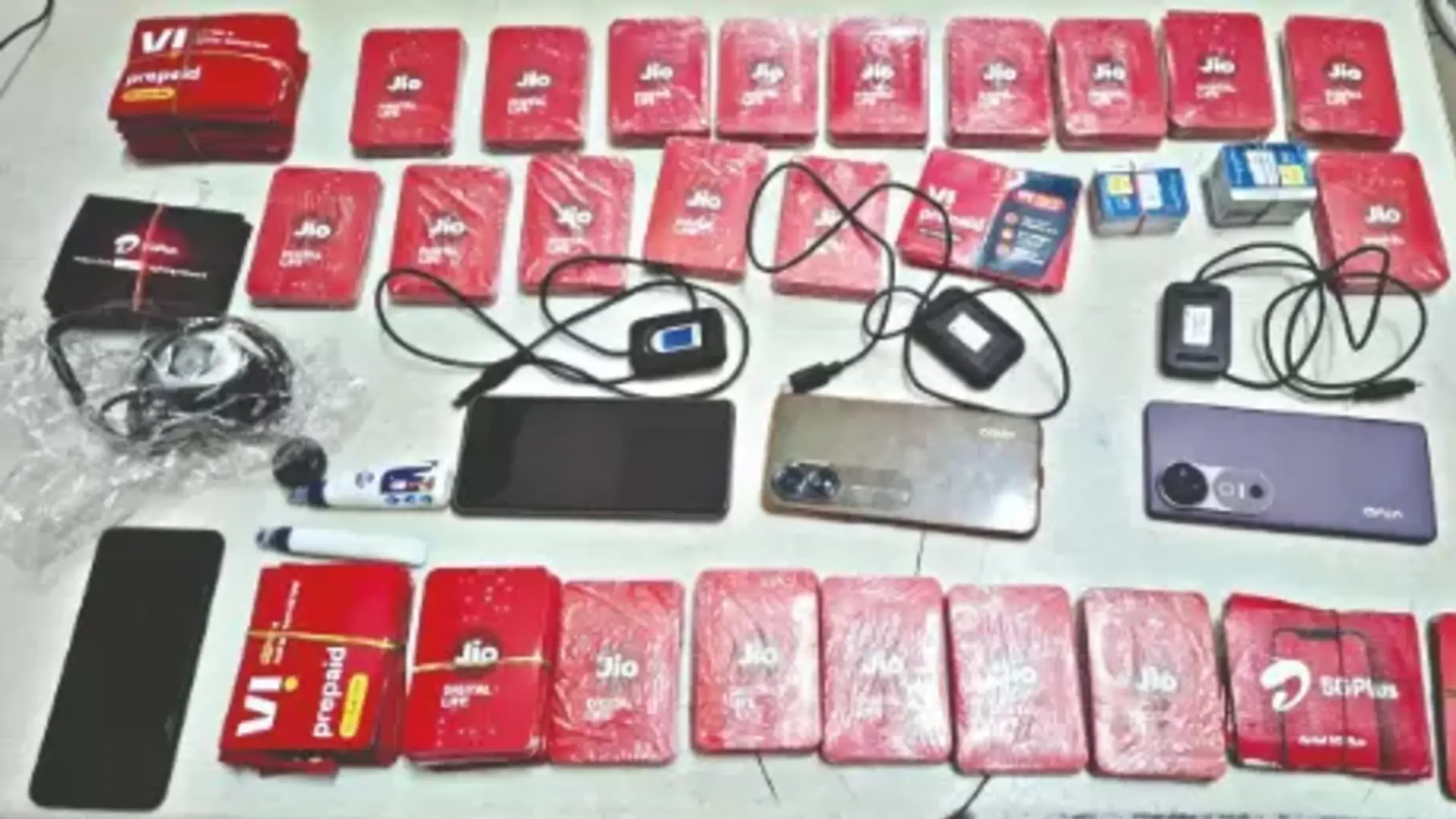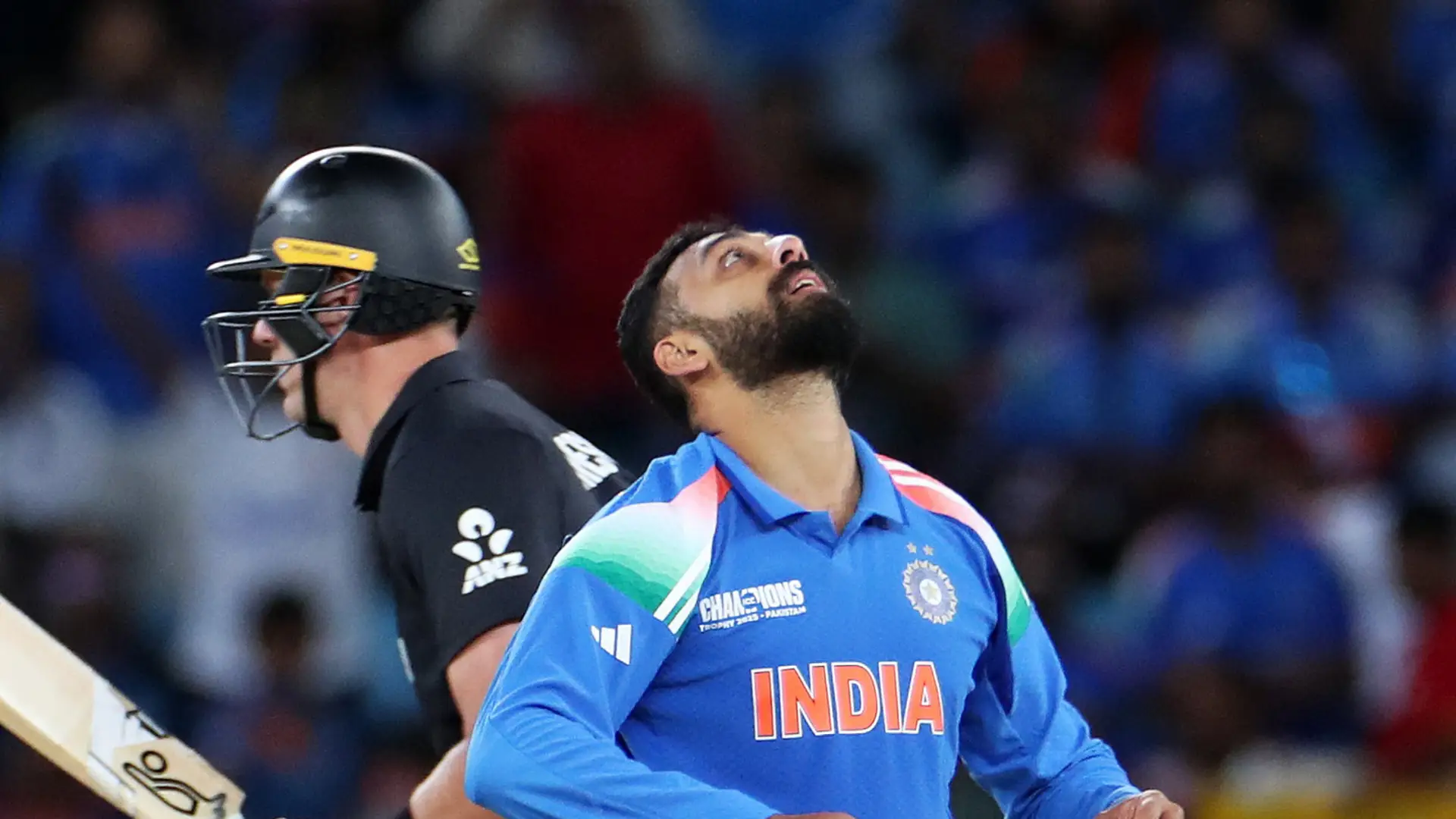
In a decisive move, the West Bengal Health Department has issued orders to remove seven additional drugs manufactured by West Bengal Pharmaceuticals from all government hospitals across the state. This directive follows growing scrutiny and allegations concerning the company’s products, particularly after the tragic death of a pregnant woman and the critical condition of three others allegedly linked to contaminated saline.
New Guidelines Rolled Out
According to the guidelines, government hospitals have been instructed to dispose of the seven specified drugs immediately. Of these, two will be replaced by medicines supplied from another company, which has already entered into an agreement with the government. For the remaining five drugs, hospitals have been directed to procure them independently. Authorities have been asked to report funding needs, citing necessary justifications to facilitate the purchase.
The directive was communicated to all government hospitals and district health officers, emphasizing the urgency of compliance. Wards and storage areas must be cleared of the specified medicines without delay.
Spotlight on Ringer Lactate Saline
The decision comes in the wake of grave allegations pointing to ‘Ringer Lactate’ saline manufactured by West Bengal Pharmaceuticals as a possible cause of the death of a pregnant woman and the deteriorating health of three others. The incident has triggered a broader inquiry into the safety and efficacy of the company’s products.
Medical sources have revealed that the affected patients suffered severe complications, including disrupted blood clotting, lung and kidney failure, and widespread infections. A 13-member medical board comprising experts from neurology, cardiology, pulmonology, microbiology, and biochemistry has been formed to oversee the treatment of the three critical patients—Nasrin Khatun, Mampi Singha, and Minara Bibi—at SSKM Hospital.
Unanswered Questions and Mounting Pressure
As the controversy deepens, attention has turned toward the management of West Bengal Pharmaceuticals. Questions remain unanswered about the whereabouts of the company’s directors—Kailash Kumar Mitruka, Neeraj Mittal, and Mukul Ghosh—who have yet to address the allegations publicly.
Repeated attempts by media outlets, including visits to the company’s Siliguri office and its manufacturing facility in Chopra, Uttar Dinajpur, have yielded no responses. The silence from the company’s leadership has only fueled speculation and public outrage.
Critical Patients Fight for Survival
Meanwhile, the three women affected by the allegedly toxic saline remain in critical condition. Two of them, Nasrin Khatun and Mampi Singha, are on ventilators and have undergone dialysis due to kidney failure. The third patient, Minara Bibi, continues to receive intensive care.
SSKM Hospital sources report that the patients are under round-the-clock observation, with multidisciplinary teams working tirelessly to stabilize their condition. Despite these efforts, their prognosis remains uncertain.
Public Concern and Call for Accountability
The unfolding crisis has sparked widespread concern about drug safety standards and the accountability of pharmaceutical companies. Public health advocates have called for stricter regulations and more rigorous quality checks to prevent such incidents in the future.
As the investigation continues, the Health Department’s swift action is seen as a necessary step to restore public confidence in the healthcare system. However, the need for transparent communication and accountability from West Bengal Pharmaceuticals remains critical to resolving the crisis.
This developing story underscores the importance of vigilance in pharmaceutical manufacturing and the dire consequences of lapses in quality control. The public now waits for answers and, more importantly, solutions to prevent such tragedies from recurring.






